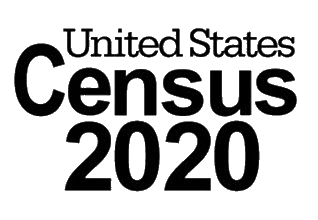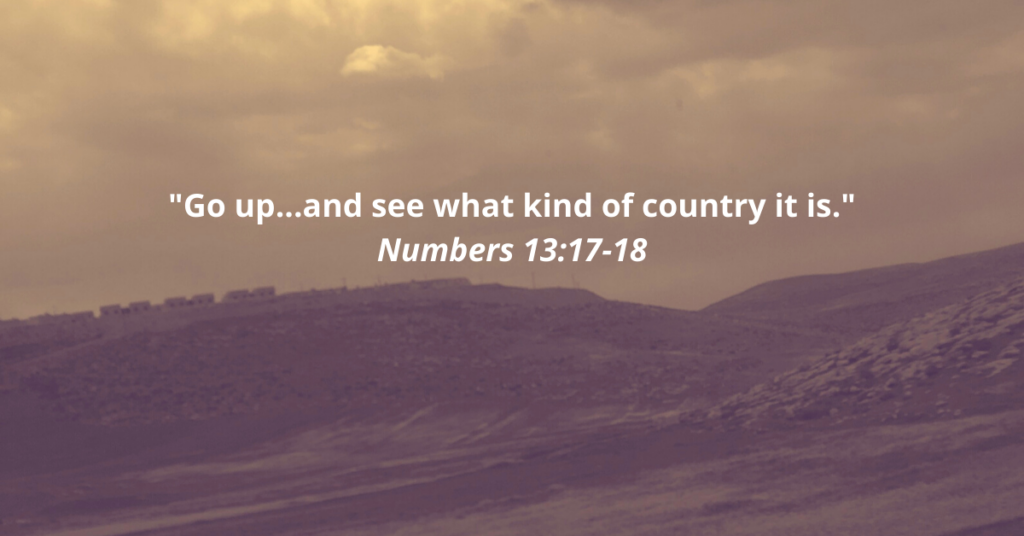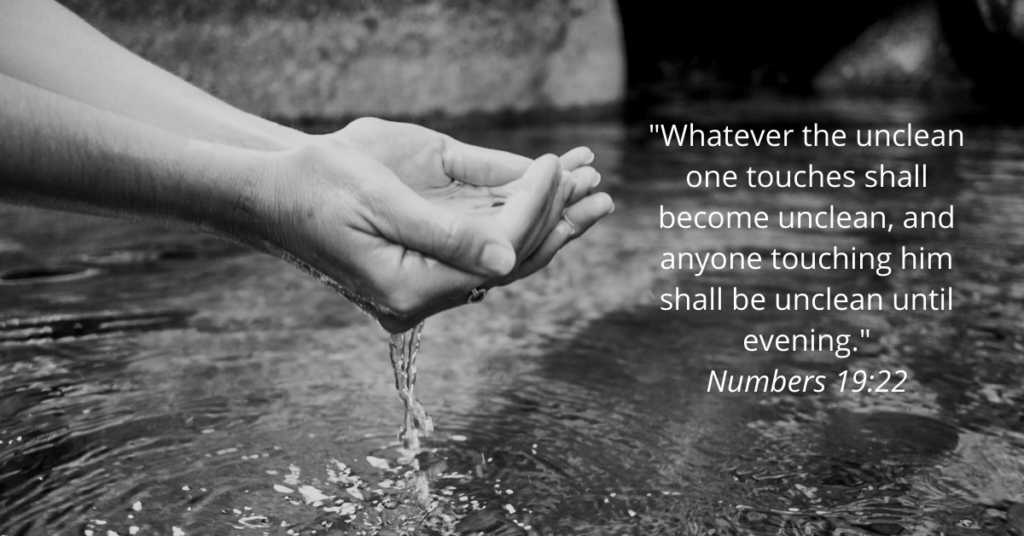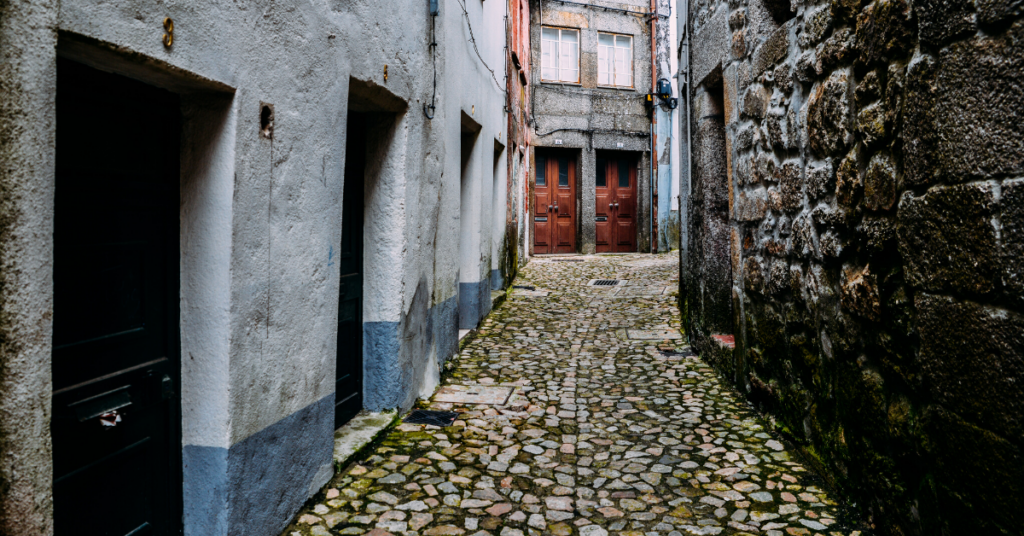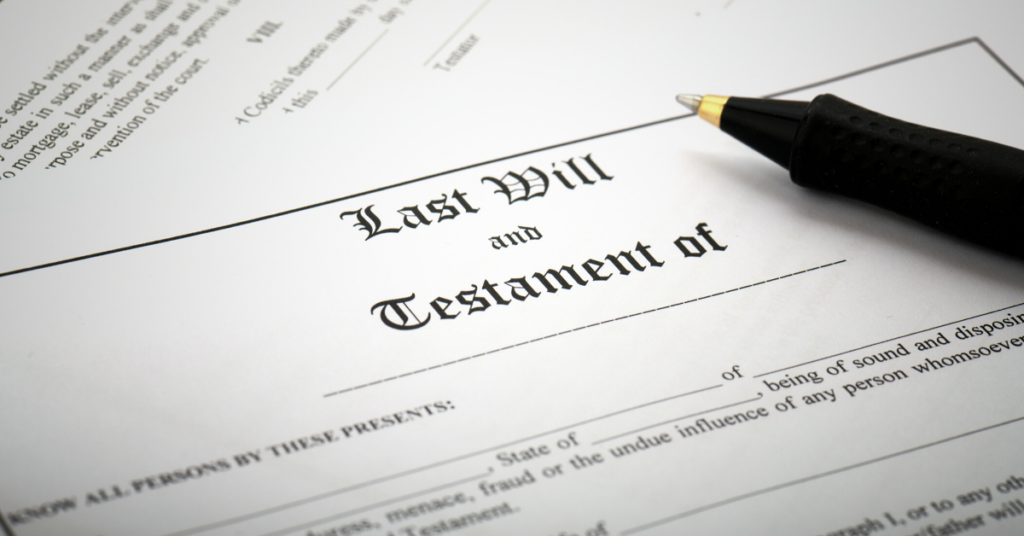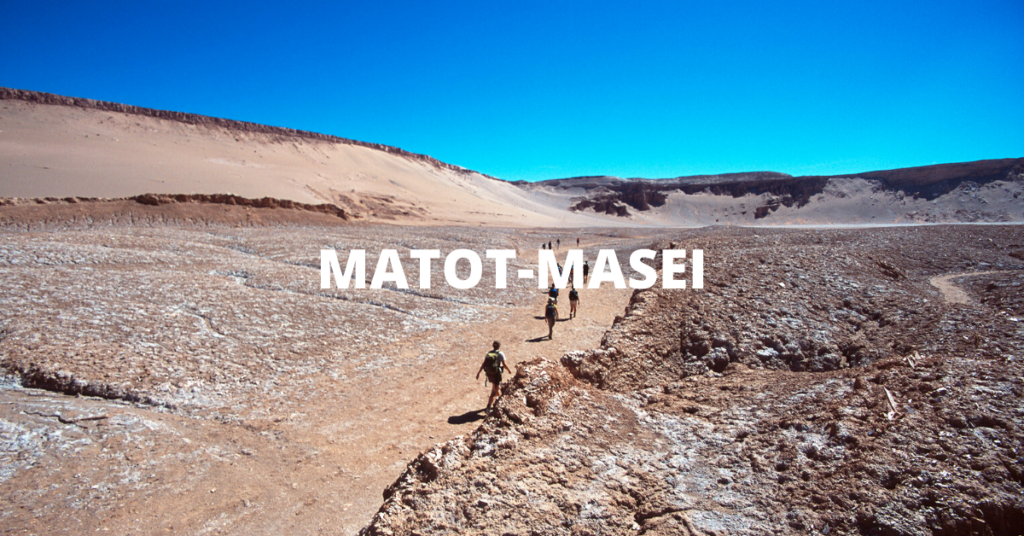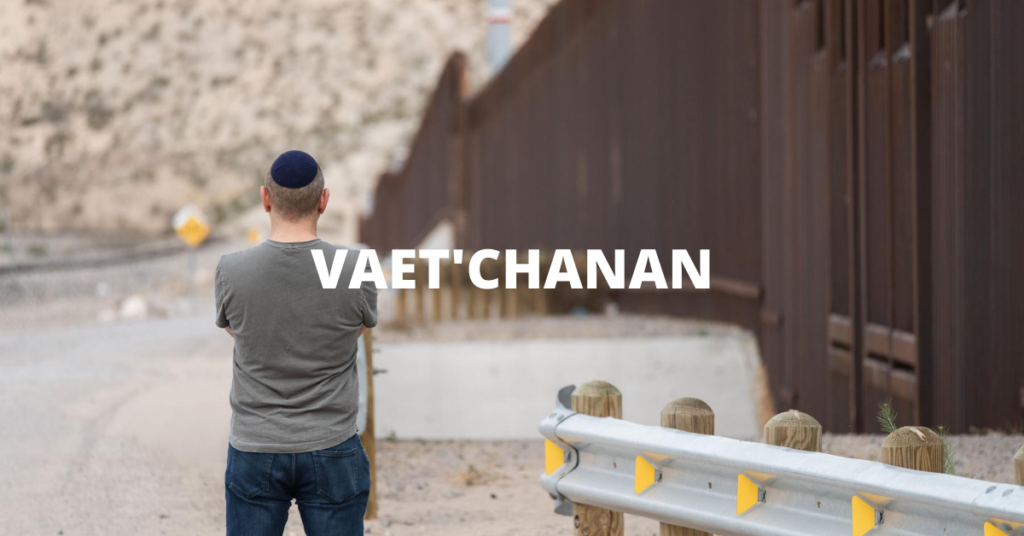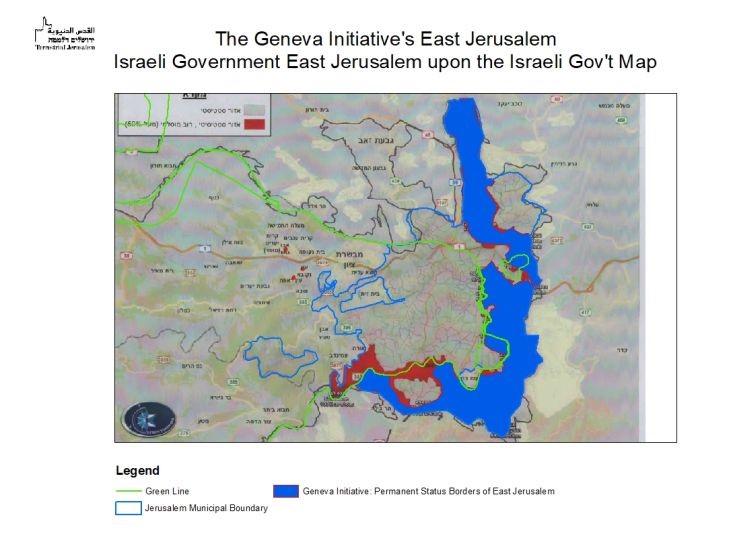
Yom Yerushalayim Obscures The Reality of Modern Jerusalem
A d’var Torah for Yom Yerushalayim by Daniel Seidemann. Jerusalem Day, Yom Yerushalayim, which is this coming Friday, was created by the Israeli Chief Rabbinate, the Rabbanut, in the wake of the 1967 war, and subsequently enshrined as a national holiday under law. A religious commemoration of the “reunification” of Jerusalem when Hallel is said,...
read more


